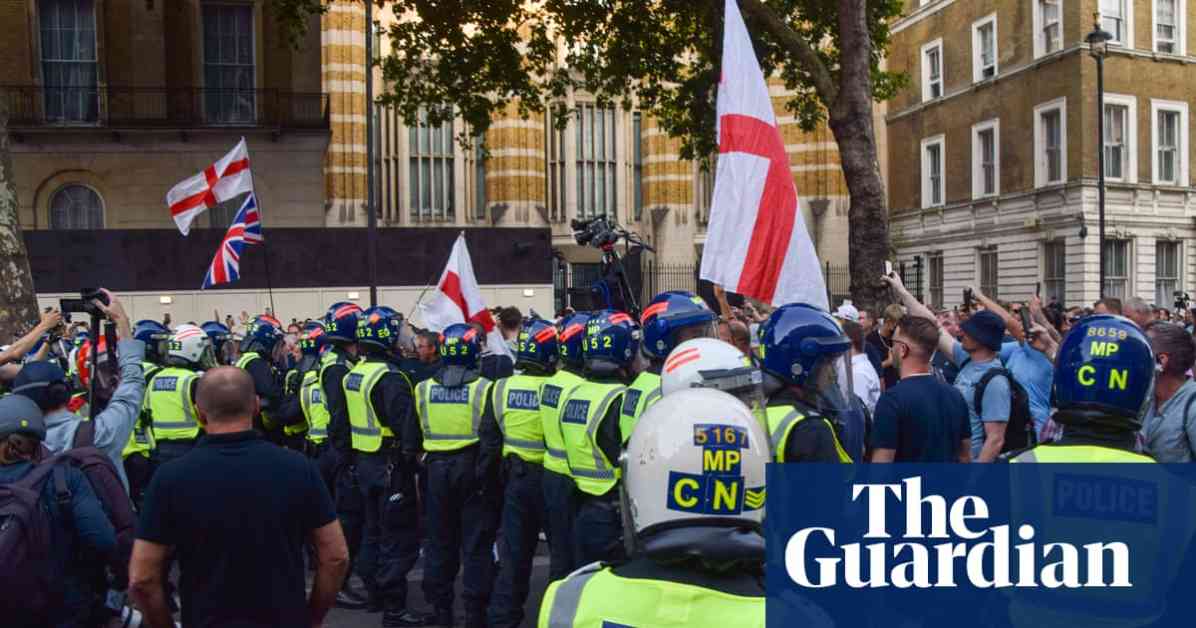A mass movement of anti-racists is gearing up to counter several far-right rallies scheduled to take place across the UK this weekend. This response comes in light of the recent Southport attack that tragically resulted in the deaths of three children.
Samira Ali, the national organizer for Stand Up to Racism, emphasized the importance of not allowing the far-right’s growing confidence to go unopposed. By mobilizing a broad coalition of people, they aim to show that the majority stands against racism and hate.
In the wake of the attack in Southport, which involved the stabbing of 11 children and two adults, violent protests have erupted in various cities like London, Hartlepool, Manchester, and Aldershot. Misinformation about the suspect’s nationality has fueled these protests, leading to concerns about potential violence during this weekend’s events targeting mosques and asylum seeker housing.
To combat the far-right demonstrations, counter-protests under the banner of “Stop the far right: Don’t let the racists divide us” have been organized. Additionally, “unity rallies” are planned in areas where the far right is not expected to mobilize.
The sheer number of far-right events being planned has been described as shocking and unprecedented by Ali. Despite the disorganization and small size of the far-right forces, they are attempting to spread their message of hate. However, the majority of people are appalled by the recent events and are standing up against racism.
Faith leaders are also taking steps to respond to the protests, with many mosques increasing security measures and closing their doors early. In a gesture of de-escalation, Muslim chaplain Adam Kelwick plans to offer food and drinks to demonstrators attending a far-right protest outside a mosque. He believes that combating ignorance and reaching out to those driven by fear and false information is crucial in promoting understanding and unity.
Despite concerns about potential violence, efforts are being made to engage with those attending far-right events in a peaceful manner. By welcoming them with smiles and cold drinks, there is hope for meaningful dialogue and bridge-building between communities.
As tensions rise and the threat of violence looms, the response from anti-racists and faith leaders underscores the importance of unity, understanding, and compassion in the face of division and hatred. By coming together in solidarity, communities can send a powerful message that racism and bigotry have no place in society.












